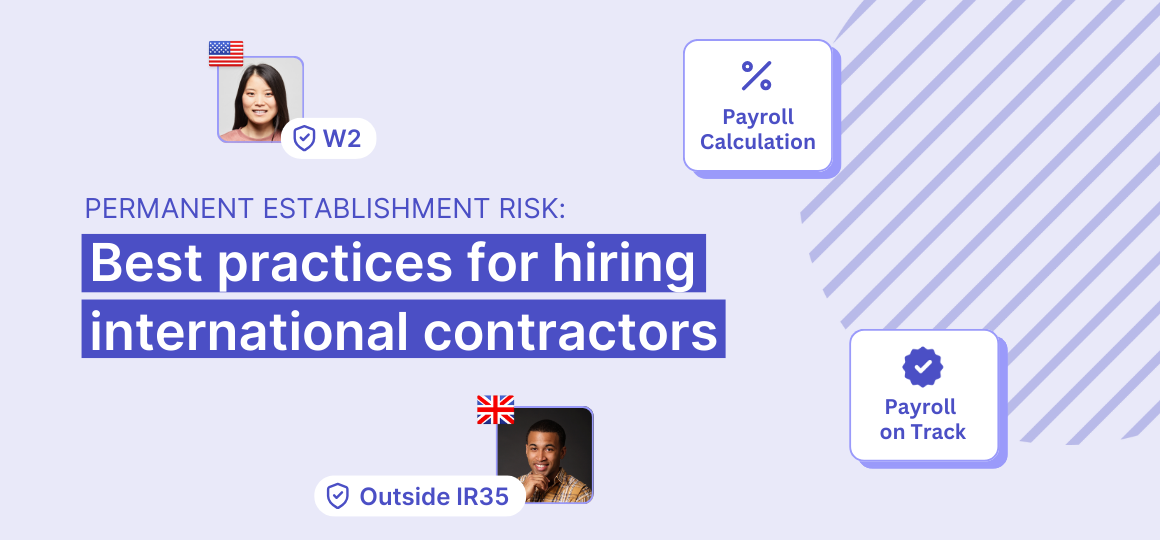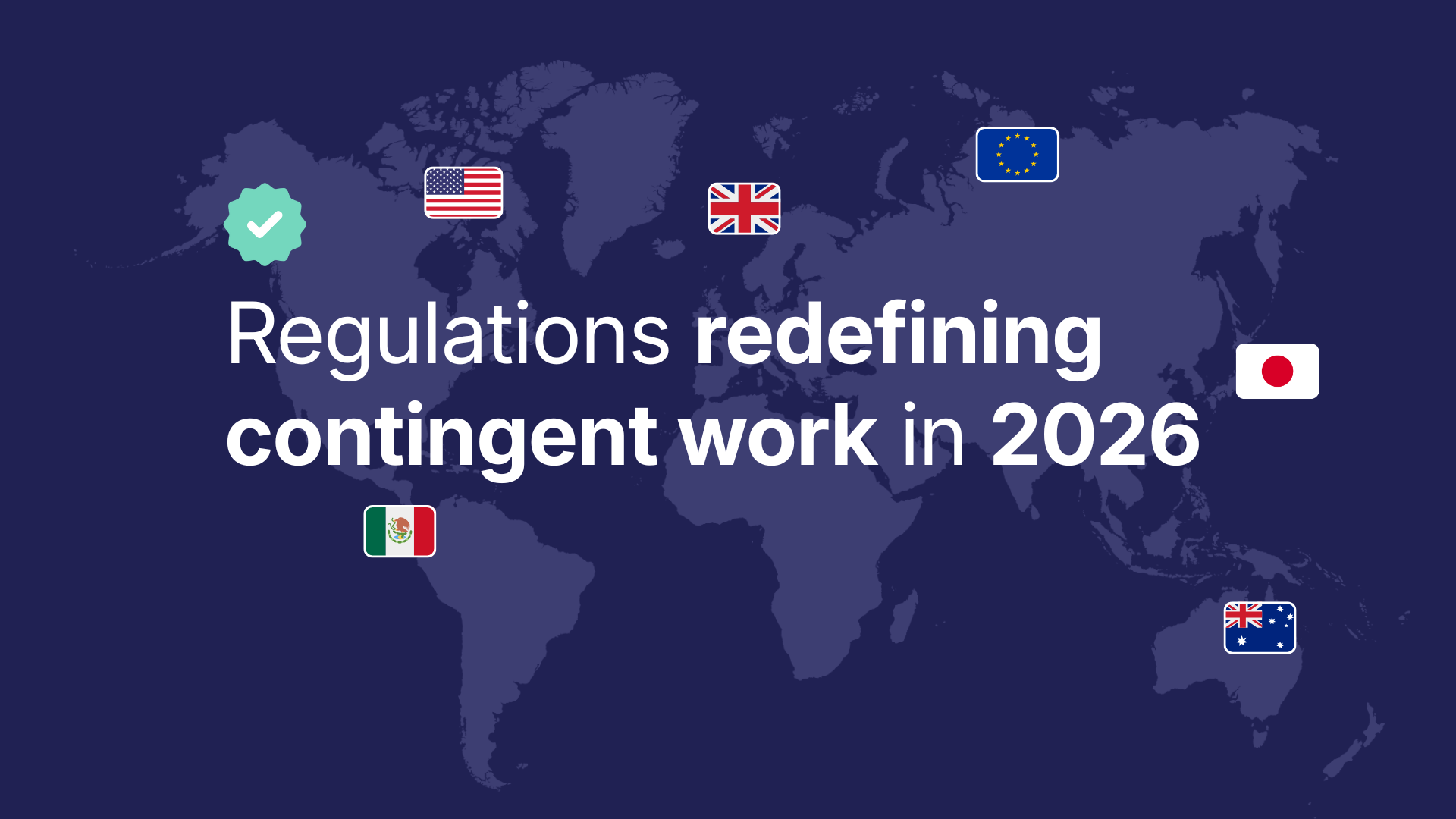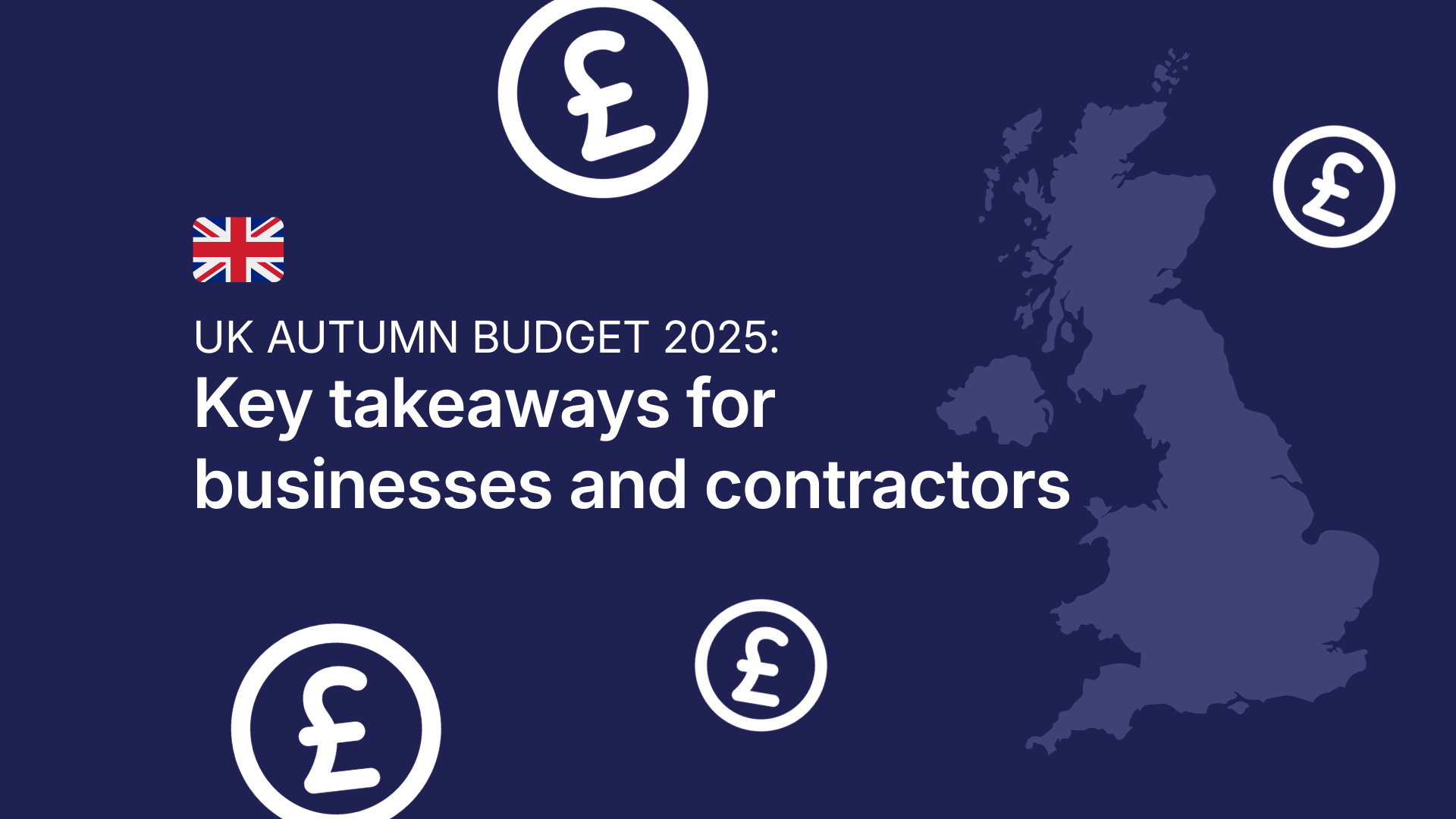Companies are increasingly looking beyond borders to tap into international talent pools. While hiring international contractors can bring numerous benefits, it also comes with potential risks – one of the most significant being permanent establishment risk. This article will delve into what permanent establishment risk is, why it matters, and provide best practices for mitigating this risk when hiring international contractors.
Understanding permanent establishment risk
Permanent establishment (PE) risk refers to the possibility that a company's activities in a foreign country could be deemed substantial enough to create a taxable presence in that jurisdiction. This can occur even if the company doesn't have a physical office or subsidiary in the country.
The concept of PE is crucial in international tax law, as it determines whether a country has the right to tax a foreign company's profits. If a company is found to have a PE in a foreign country, it may be subject to that country's corporate income tax, as well as other tax obligations and compliance requirements.
What constitutes a permanent establishment?
The definition of PE can vary depending on local laws and tax treaties, but generally, it includes:
- A fixed place of business (e.g., office, branch, factory).
- A dependent agent who habitually exercises authority to conclude contracts on behalf of the company.
- Construction or installation projects lasting more than a certain period (usually 6-12 months).
- The provision of services for a specified duration. It's important to note that the rise of digital economies has led to discussions about expanding the traditional PE concept to include "digital PE" or "virtual PE".
Why permanent establishment risk matters
Permanent establishment risk is a crucial consideration for companies hiring international contractors for several reasons:
- Tax implications: If a PE is established, the company may be subject to corporate income tax in the foreign country.
- Compliance burden: Companies may need to comply with local tax filing, reporting, and withholding requirements.
- Penalties and interest: Failure to recognise and address a PE can result in significant penalties and interest on unpaid taxes.
- Reputational risk: Non-compliance with international tax laws can damage a company's reputation and relationships with local authorities.
- Impact on business operations: Unintended PE can affect a company's global tax strategy and operational structure.
Best practices for mitigating permanent establishment risk
To minimise PE risk when hiring international contractors, companies should consider implementing the following best practices:
1. Conduct thorough risk assessments
Before engaging international contractors, conduct a comprehensive risk assessment to evaluate the potential for creating a PE. Consider factors such as:
- The nature and duration of the contractor's activities.
- The contractor's level of authority to act on behalf of the company.
- The specific tax laws and treaties of the contractor's country.
2. Structure contracts carefully
When drafting contracts with international contractors, pay close attention to the terms and conditions to minimise PE risk:
- Clearly define the contractor's role and responsibilities.
- Limit the contractor's authority to conclude contracts on behalf of the company.
- Specify that the contractor is an independent entity, not an employee or agent of the company.
- Include clauses that prohibit the contractor from creating a fixed place of business for the company.
3. Monitor contractor activities
Regularly review and monitor the activities of international contractors to ensure they align with the agreed-upon terms and do not inadvertently create a PE:
- Implement a system for tracking contractor activities and time spent on projects.
- Conduct periodic reviews of contractor performance and adherence to contract terms.
- Be cautious of contractors who consistently work full-time hours or take on employee-like roles.
4. Leverage technology and compliance tools
Utilise specialised software and platforms to manage international contractors and ensure compliance. For instance, at YunoJuno, we offer built-in global worker classification and tax compliance features, helping companies remove risks and hire with confidence across 150+ countries.
5. Consider alternative engagement models
Explore alternative ways to engage international talent that may reduce PE risk:
- Use a global Employer of Record (EoR) service to hire contractors as employees in their home countries.
- Engage contractors through a local subsidiary or affiliate company.
- Utilise freelance marketplaces or talent platforms that handle compliance and payments.
6. Stay informed about regulatory changes
International tax laws and PE rules are constantly evolving, particularly in response to the digital economy. Stay up-to-date with changes in regulations:
- Subscribe to tax law updates and international business publications.
- Attend relevant conferences and webinars.
- Consult with international tax experts regularly.
7. Implement clear internal policies
Develop and enforce clear policies for engaging international contractors:
- Create guidelines for departments and managers on when and how to engage international contractors.
- Establish approval processes for international engagements.
- Provide training to relevant staff on PE risks and best practices.
8. Conduct regular compliance audits
Perform periodic audits of your international contractor engagements to identify and address potential PE risks:
- Review contractor agreements and activities.
- Assess the cumulative impact of multiple contractors in a single jurisdiction.
- Identify any red flags or areas of concern.
9. Seek expert advice
Given the complexity of international tax laws and PE regulations, it's crucial to seek expert advice:
- Consult with international tax specialists and legal counsel.
- Consider engaging local experts in countries where you have significant contractor presence.
- Use platforms like YunoJuno that provide access to compliance specialists and offer misclassification indemnity.
Conclusion
As businesses continue to expand globally and leverage international talent, managing permanent establishment risk becomes increasingly important. By implementing these best practices, companies can mitigate PE risk while still benefiting from the flexibility and expertise of international contractors.
The key to successfully navigating PE risk lies in careful planning, ongoing monitoring, and staying informed about regulatory changes. With the right approach and tools, businesses can confidently tap into global talent pools without compromising their tax compliance or risking unexpected liabilities.
By prioritising compliance and leveraging expert resources, companies can focus on what matters most – driving innovation and growth through diverse, global talent.







